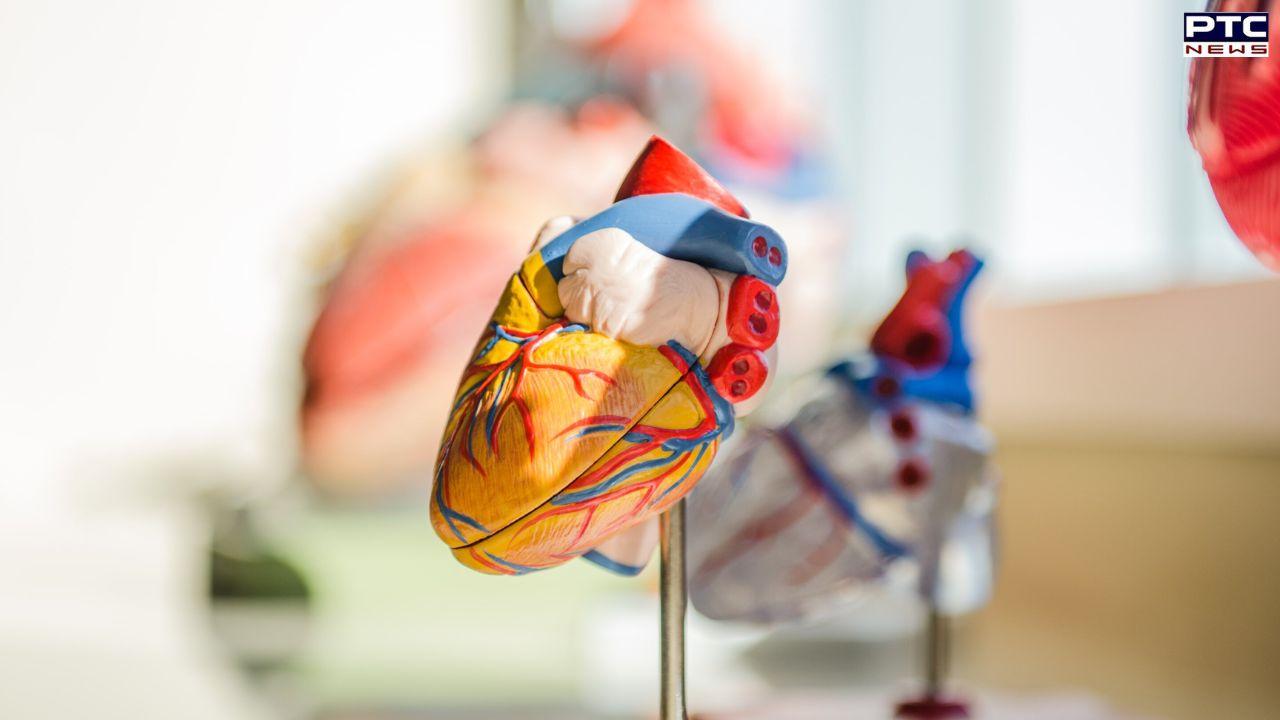

Do you sleep on stomach? You may be at increased risk of cardiac arrest, warn health experts
PTC Web Desk: Health experts have raised alarms over the potential risks associated with sleeping on the stomach, particularly for individuals with pre-existing heart conditions. Although it might seem like a harmless habit, the prone sleeping position has been linked to an increased risk of cardiac arrest, with recent studies highlighting several physiological factors that contribute to this risk.
The most concerning issue associated with sleeping on the stomach is the pressure it places on the chest, which can restrict lung expansion. This restriction can reduce the amount of oxygen entering the body and, in turn, the oxygen supplied to vital organs, including the heart. For individuals with pre-existing heart problems or those at risk of heart disease, this reduction in oxygen can be particularly dangerous.

Cardiologists and health experts explain that when a person lies face down, their chest compresses against the surface of the bed, which may limit the ability of the lungs to fully expand. This compression reduces the volume of air inhaled, potentially leading to lower oxygen levels in the blood. Over time, a reduced oxygen supply can place significant stress on the heart, especially for people who already have compromised cardiovascular systems.
"When you sleep on your stomach, your body has to work harder to breathe," explains a leading cardiologist from Chandigarh. "This puts strain on the respiratory and circulatory systems, which could exacerbate heart problems and increase the likelihood of a cardiac arrest, particularly in those who are already at risk," he added.
Another significant risk factor is the impairment of blood circulation caused by sleeping on the stomach. In this position, major blood vessels, such as the inferior vena cava, can become compressed. The inferior vena cava is responsible for carrying deoxygenated blood from the lower body back to the heart. Any obstruction in this process can disrupt normal blood flow, leading to increased strain on the heart as it struggles to maintain adequate circulation.
This disruption in blood flow could also trigger other heart-related complications, such as arrhythmias (irregular heartbeats), which are known precursors to cardiac arrest.
Experts also suggest that the prone sleeping position may disrupt the functioning of the autonomic nervous system (ANS), which regulates essential functions like heart rate and blood pressure. Lying on the stomach might stimulate the vagus nerve, a crucial part of the ANS, in ways that could lower heart rate excessively, potentially leading to a condition known as bradycardia (abnormally slow heart rate). In severe cases, this could progress to cardiac arrest if not managed properly.
Given the risks, doctors recommend that people, particularly those with known cardiovascular issues, avoid sleeping on their stomach. Side or back sleeping positions are considered safer as they do not compress the chest or major blood vessels, allowing for better lung expansion and blood circulation.
"The way you sleep can have a significant impact on your heart health, especially for individuals with heart conditions," says the health expert.
- With inputs from agencies
